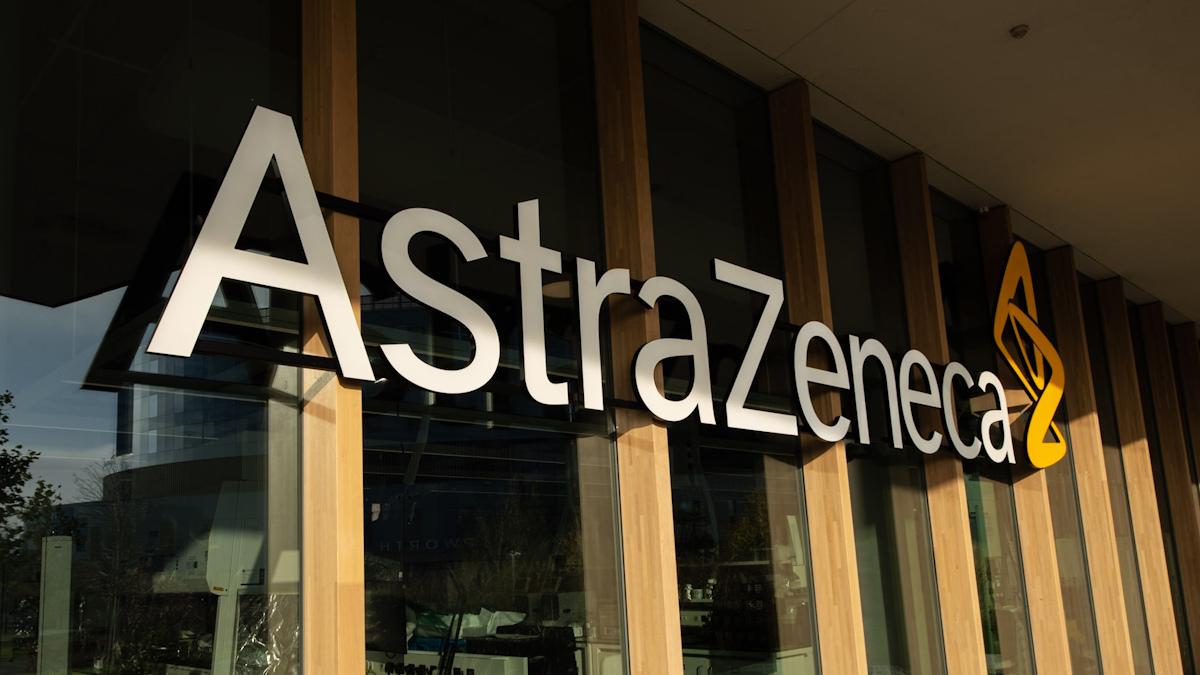ASCO 25: Enhertu bids for earlier use in HER2+ breast cancer

AstraZeneca and Daiichi Sankyo have revealed the data they hope will move Enhertu into frontline therapy for HER2-positive advanced breast cancer, including a 44% improvement in progression-free survival (PFS) compared to standard treatment.
The DESTINY-Breast09 study, reported at ASCO, compared antibody-drug conjugate (ADC) Enhertu (trastuzumab deruxtecan) and Roche's HER2 antibody, Perjeta (pertuzumab), to the widely used THP regimen of Perjeta, trastuzumab, and chemotherapy for newly diagnosed patients.
The 44% reduction in disease progression or death in the study means that patients on the Enhertu regimen achieved a median PFS of more than three years (40.7 months), versus just over two years (26.9 months) with THP. It was accompanied by a trend towards improved overall survival with AZ and Daiichi Sankyo's drug, which is being monitored to see if it becomes statistically significant.
Lead study author Sara Tolaney of Boston's Dana-Farber Cancer Institute told ASCO that the two groups in the study experienced similar rates of serious side effects, although treatment was longer in the Enhertu group. Meanwhile, interstitial lung disease – which is a known side effect of Enhertu – was seen in around 12% of patients but in most cases was not severe.
"Patients with HER2-positive metastatic breast cancer often experience disease progression around two years after initiating standard-of-care first-line treatment," she said.
"With a median progression-free survival of more than three years, the DESTINY-Breast09 results show trastuzumab deruxtecan combined with pertuzumab has the potential to become a new first-line standard of care for these patients."
AZ has previously said it plans to seek approval for Enhertu in this setting, but has not yet given a timeline for those filings. The drug is already approved as a second-line or later treatment for HER2-positive breast cancer, along with other indications including HR-positive, HER2-low and ultralow breast cancer, and has been growing fast with sales rising to $3.75 billion last year from $2.57 billion in 2023.
Commenting on the results, ASCO's breast cancer commentator, Rebecca Dent of the National Cancer Center Singapore, said: "The duration of therapy can now be measured in years and gives us the opportunity to look at appropriate sequencing of this new standard to optimise quality of life and toxicities."
AZ and Daiichi Sankyo are also exploring neoadjuvant and adjuvant use of Enhertu in HER2-positive breast cancer in the DESTINY-Breast09 and DESTINY-Breast05 studies.
Second-line gastric cancer data
Enhertu is already approved as a second-line treatment for patients with metastatic HER2-positive gastric cancer or gastroesophageal junction (GEJ) adenocarcinoma, but AZ and Daiichi Sankyo formed up its role in that setting at ASCO with new OS data from the DESTINY-Gastric04 study.
The study, which is comparing Enhertu to the combination of Eli Lilly's anti-VEGF antibody Cyramza (ramucirumab) with paclitaxel, showed that the ADC extended survival by more than three months, from 11.4 months in the control arm to 14.7 months, a gain of more than 30%.
Enhertu was the first HER2 drug to be approved for people with this type of cancer who have seen their disease progress despite first-line therapy, and AZ and Daiichi Sankyo are now running three trials – DESTINY-Gastric05, DESTINY-Gastric03, and ARTEMIDE-Gastric01 – to see if it has potential as a first-line option.
Meanwhile, the results of DESTINY-Gastric04 should allow AZ and Daiichi Sankyo to convert conditional approvals for Enhertu in gastric cancer in some markets, including the US, to a full license.














